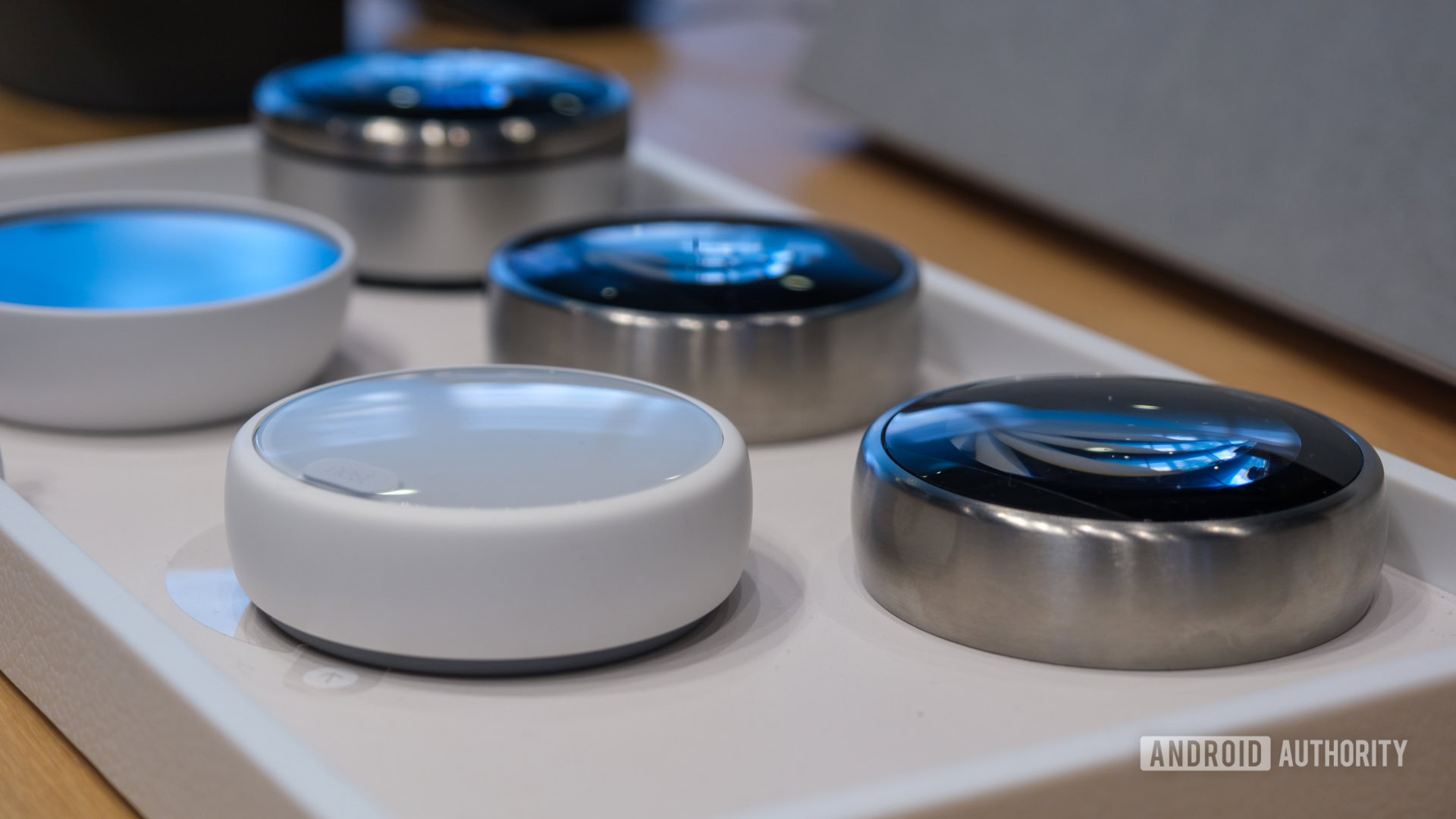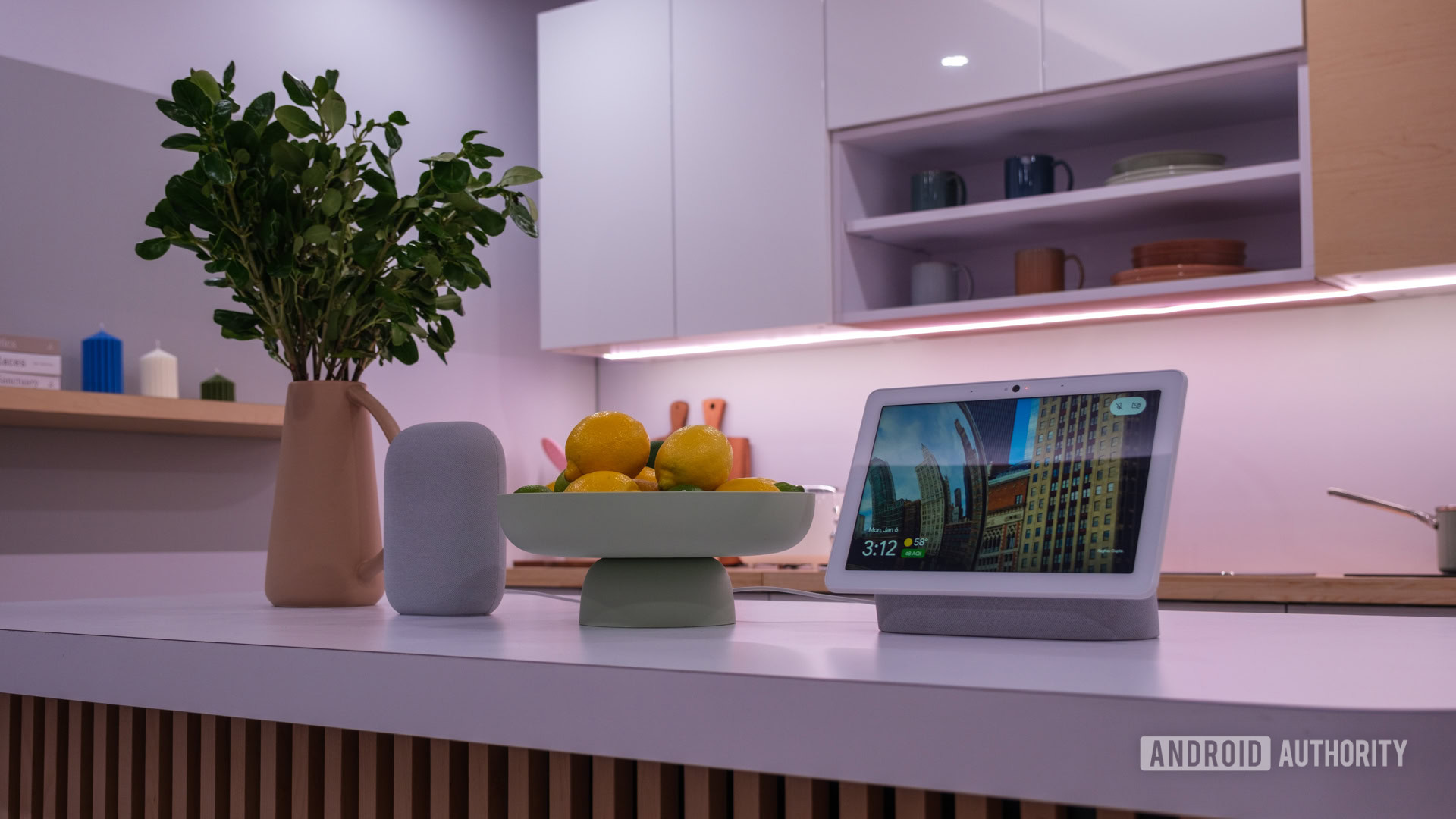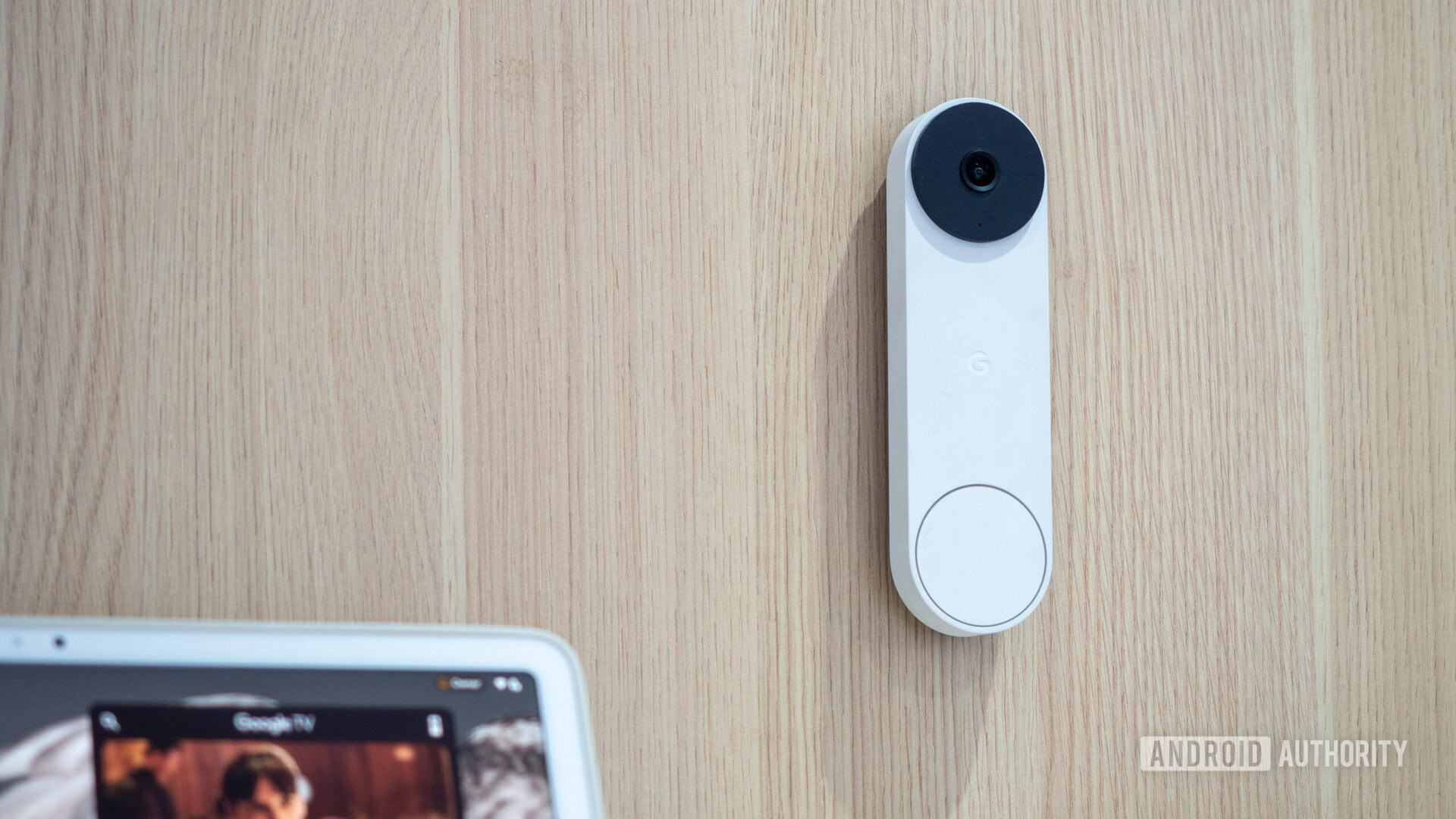
Ryan Haines / Android Authority
Last week, Google made a surprise announcement regarding its smart home offerings. Later in October this year, the original Nest Learning Thermostats — Gen 1, Gen 2, and the European version of Gen 2 — will go “dumb.” They aren’t getting bricked, but Google is removing all the features that make the smart thermostats, well…smart. When this happens, they will be no better than a $20 unit you could buy at any hardware store.
It’s not all bad, though, as Google is already reaching out to people affected by this change with coupon codes to apply towards new thermostats. They are hefty discounts, too, at nearly 50% off. I wrote an explainer piece about all these enormous changes for Nest thermostats, which you should read if you own any affected products.
Shortly after the news broke, my colleague Joe Maring wrote an excellent opinion piece about this Nest thermostat end-of-life announcement. You should give it a read at the link, but the gist of his argument is that the Gen 1 and Gen 2 Nest Learning Thermostats are nearly 15 years old, and Google’s coupon codes make an upgrade you probably should be making anyway even more affordable. In other words, he is fine with this announcement — a notable statement, considering he personally owns some thermostats that will go dumb in October.
Google is ‘dumb-ifying’ smart home tech, and our readers are not happy.
Readers’ comments under Joe’s article, though, are not as optimistic. Many Android Authority readers are not pleased with this news and say they will never buy a Google Nest product again. The prevailing argument is that the Gen 1/Gen 2 Nest Learning Thermostats still work fine despite their advanced age, and there’s no reason for them to head to the landfill. Instead, Google should continue supporting them indefinitely for the obvious environmental and customer satisfaction reasons.
I’ve pondered these arguments for a few days now, and I think Google, more than any other company, must be more transparent about how long its Nest products will remain fully functional. This would be best for not only consumers, but Google, too. But will it happen?
Will you buy Nest products in the future?
1 votes
Why Google should put support commitments on Nest gear

Ryan Haines / Android Authority
First, and most obviously, Google should be clear about its support commitments for Nest devices because it already does this for many other products. Most Pixel products — including Pixel smartphones, Pixel watches, and the Pixel Tablet — come with a clearly defined, well-promoted support commitment. I know that if I buy a Google Pixel 9 series phone, I can depend on Google to support it with new Android versions and security patches until 2031. I also know that from 2032 and beyond, the phone will still function just fine, but it won’t receive any further updates or support.
I think it’s necessary for Nest products to have a similar commitment. Smart home gear doesn’t get replaced nearly as often as smartphones do, for one. There is an unspoken expectation that if a person buys a smart doorbell, security camera, or, yes, a smart thermostat, it should last them for quite a long time. To be fair to Google, 10+ years is a long time, and it has delivered on that with the Gen 1 and Gen 2 Nest models. But wouldn’t it have been much better if buyers knew ahead of time that once they hit the 10-year mark, they would likely need to upgrade?
Google already lists specific support commitments for Pixel gear. Why not do the same for Nest?
This is even more apparent when you realize Nest thermostats are not easily replaceable. If I want to replace a Nest Audio Mini, it’s pretty straightforward — unplug the old one, plug in the new one, and move on with my life. A thermostat, though, lives on your wall. It involves complex electrical work that most people wouldn’t feel comfortable doing alone. Google asking people to replace one — or, in the cases of many American houses, several — is a big ask that could end up costing hundreds of dollars in contractor pay on top of the hundreds spent on the replacement units themselves. This becomes even more anger-inducing when you remember there’s nothing physically wrong with the devices being replaced.
Once again, though, if buyers had known this day would come, they would likely not be so upset about it. In fact, if Google had been clear about this from the beginning, there would have been no reason to offer coupon codes to help the consumer replace the sunsetting products, saving Google the money and the headache of distributing them.
Really, offering a support commitment for Nest products is a win-win on all levels. But let’s be realistic: Google won’t do this.
I hate to say it, but Google almost certainly won’t do this

Rita El Khoury / Android Authority
Google might have been able to reduce consumer anger and even save some money if it had clearly defined an end-of-life limitation on Nest thermostats. The problem with this whole idea, though, is that Google would need to a) know how long it will support a thing, and b) make sure that support commitment is long enough to make the consumer feel like it’s a worthwhile purchase.
For Point A, even the highest higher-ups at Google probably have no idea how long the company will support things. The Gen 1 and Gen 2 versions of the Nest Learning Thermostat are poor examples because they both came out before Nest was even a Google company. But does Google actually know how long it will support the wireless Nest Doorbell, the Nest Hub Max, or even the Nest Audio? I don’t work for Google, so I can’t say for sure, but judging by the overwhelming number of examples of Google launching a product and then dismantling it shortly thereafter, it doesn’t feel like there’s any plan. It feels like the plan is to launch a thing, see how it goes, and then roll with its success indefinitely…or burn it to the ground if it fails. For Google to say, “We have made a thing and we will support it for X amount of time” for any product that’s not based on Android, the company would need to fundamentally alter its entire product strategy, both for hardware and software. I just don’t see that happening.
I don’t think Google itself even knows how long it will support one of its products, so how can it advertise that?
For Point B, Google would most likely be scared that publicizing a support commitment for a product would make Nest gear less competitive. Amazon, for example, doesn’t disclose anything like this. Granted, Amazon doesn’t have a history of killing off products like Google does, so it probably doesn’t think it needs to disclose any support commitments. To be fair to Google, though, Amazon doesn’t have a clean track record, either. Just check out the Amazon Echo Look.
Either way, as much as I would love to see it, I highly doubt Google would ever give a support commitment for Nest products. It’s far more likely that we’ll just need to continue to be paid beta testers for Google’s smart home portfolio. In a way, it’s like gambling. Will this next Nest product be like the Nest Hub Max and be a terrific buy that sees support even today, or will it be like Nest Secure and last barely six years before becoming a brick? Not knowing is part of the thrill, right? Right?
Jokes aside, this is a “vote with your wallet” situation if there ever was one. I feel like Google would exit the smart home industry all together before it would put pre-determined expiry dates on its products, but either way, if you don’t like what Google has done here with the Nest Learning Thermostat, then let it know by not buying anything else going forward.








